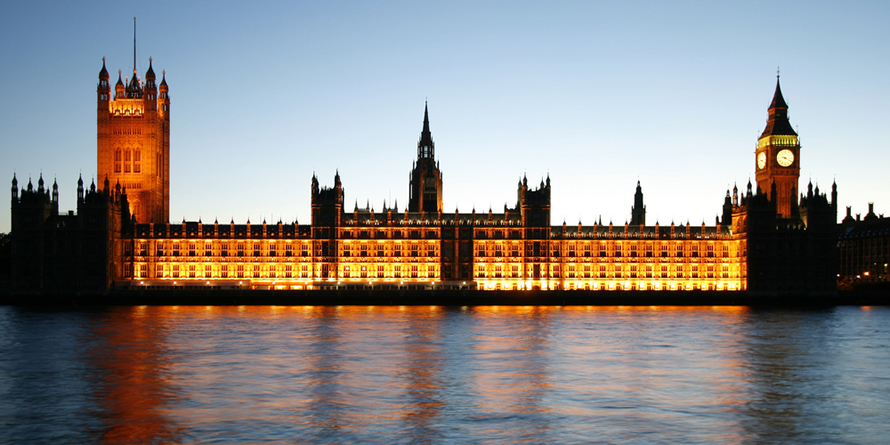Posted on: 20/11/2019
Ahead of the General Election on 12th December, Head of Regulatory Affairs at SmartestEnergy, Colin Prestwich looks at how Conservative energy policy has evolved over the last two to three years and anticipates the contents of the Conservatives’ 2019 election manifesto.
The manifesto set out by the Conservative Party in the General Election of 2017 contained various headline positions on policy within the energy sector such as reaffirmed support for the Smart Meter rollout, continued support for the North Sea oil & gas industries and a commitment to improving the energy efficiency of ‘fuel-poor’ homes.
Following on from the General Election, 2017 also saw the publication of a document titled ‘Rebuilding Security: Conservative Policy for an Uncertain World’ (2017)’, which outlined their priorities in regard to energy. This document expressed support for new-build nuclear plants, tackling fuel poverty and alluded to the expansion of offshore wind – thereby reaffirming a previous Conservative commitment not to allow the building of new onshore wind farms.
Since then, we’ve seen the introduction of a price-cap for Standard Variable Tariffs, the smart meter rollout extended, and the withdrawal of support for fracking. So how did we get here and what factors have been influencing government policy?
Over the past two years of government, the Conservatives have used their time in power to make several major energy related changes; the Feed-in Tariff (FiT) Scheme was brought to an end, removing support for smaller low-carbon technologies in the hope of reducing the impact on consumer bills; certain suppliers have since been mandated to provide a Smart Export Guarantee (SEG) from 2020 onwards in the hope that a more market-based solution can continue to support small-scale renewables whilst having less impact on the end consumer; and funding available under CfD auctions has also been reduced in an attempt to curb the impact of renewable subsidy schemes on bills.
We can see then that Conservative policy has followed a generally stable trend in the direction of reducing cost implications and trying to empower consumers. However, one area in which the government has performed a U-turn is fracking. Although the 2017 manifesto spoke of a fracking ‘revolution’ in the USA, and justified fracking as a cleaner alternative to coal, in November 2019 the Government announced an end of support for fracking after the publication of new scientific analysis; an Oil and Gas Authority report concluded it was not possible to accurately predict the probability or magnitude of earthquakes linked to fracking operations so the government announced a moratorium on fracking until compelling new evidence is provided.
We also must not forget that, as one of her last acts as Prime Minster, Theresa May committed the Party (and, through legislation, all future governments) to a target of making the UK a net zero carbon emitter by 2050. This has since driven announcements of proposed new funding, with this administration seemingly willing to back innovators in order to meet the target, including up to £1bn of investment in the automotive industry for the research and development of electric vehicles, £200m of initial funding to design and build a commercially viable fusion power plant by 2040, delivering “clean, safe and inexhaustible power”, and £7m for exploring how to create and use low-carbon hydrogen.
Ahead of the publication of the Conservative Manifesto, the logical conclusions to draw then would be that: we are unlikely to see a commitment to increasing support for ‘mature’ technologies (onshore wind and solar); we are likely to see an increased commitment to reaching net zero through funding for Electric Vehicles and household energy efficiency measures; and a continuing commitment to the new 2024 smart-meter installation deadline. It will be interesting to see how much emphasis is put on the need for new nuclear too. Whatever is or isn’t included, all parties would be wise not to overlook these issues after polling by environmental law firm Client Earth, found that 54% of adults say that climate change policies will influence the way they vote. This election might be about more than just Brexit after all.

 United States
United States Australia
Australia






